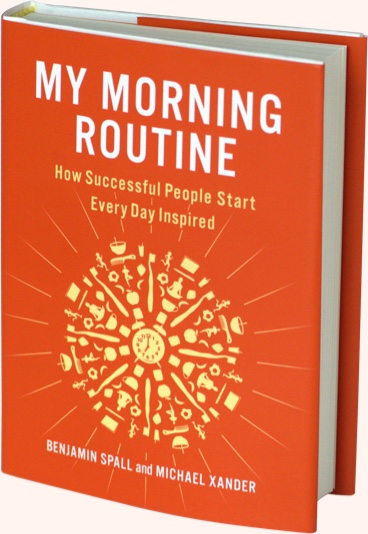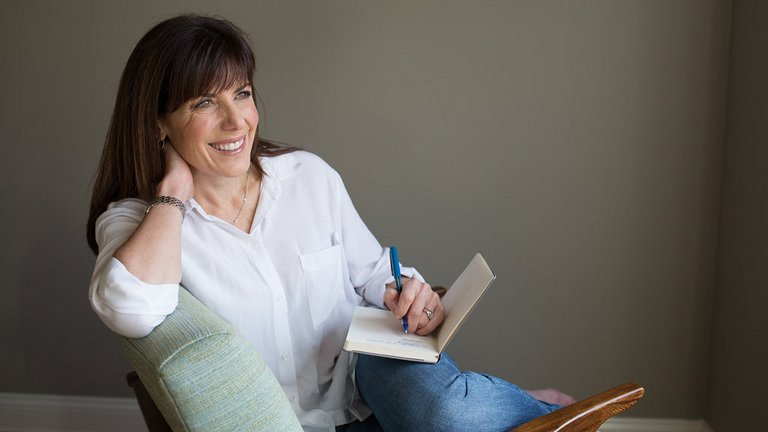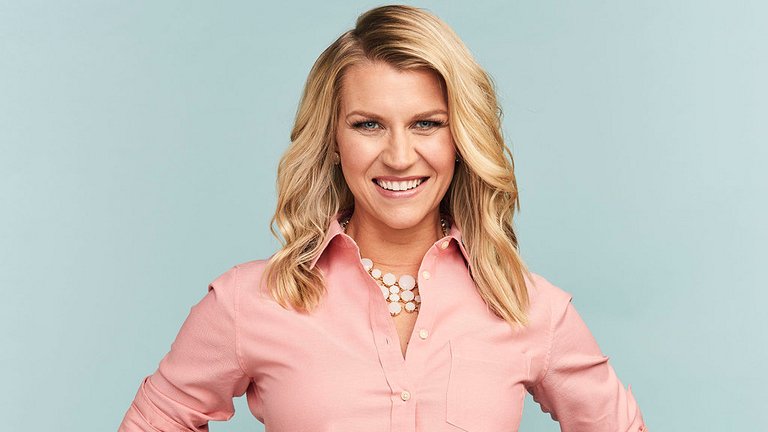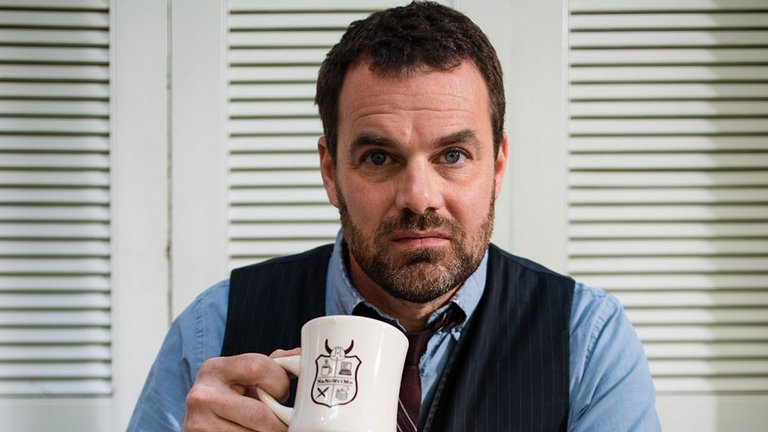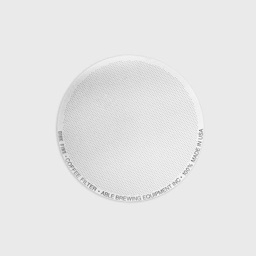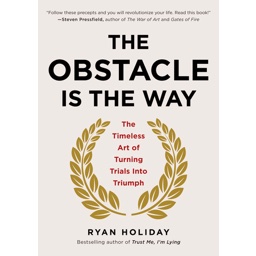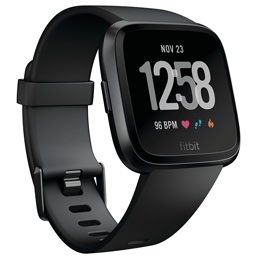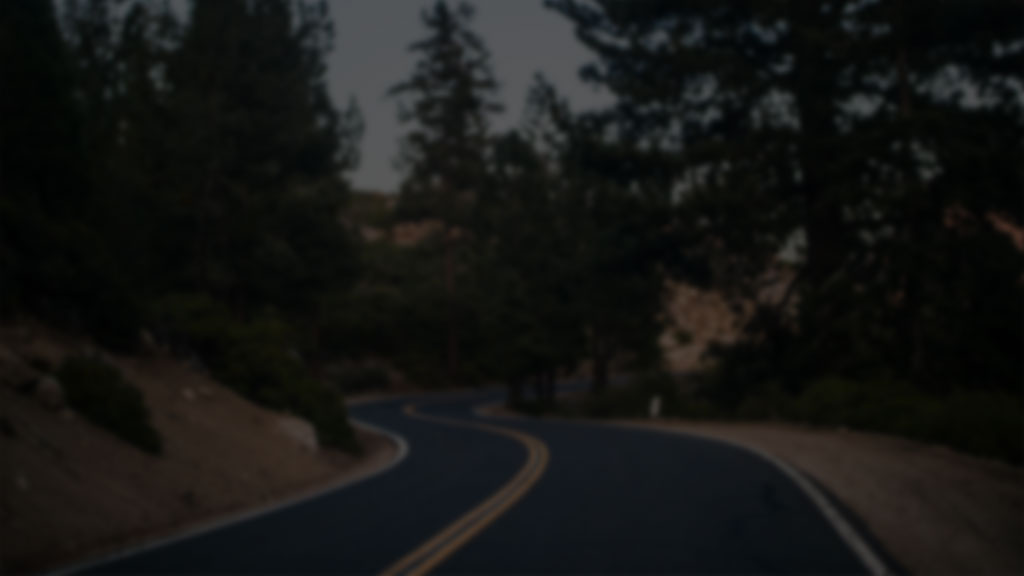Robert Greene
Robert Greene is the bestselling author of six books, including The 48 Laws of Power, The 33 Strategies of War, and his most recent, The Laws of Human Nature. He currently lives in Los Angeles, California.
What is your morning routine?
My morning routine changed after I had a stroke about four months ago.
Prior to the stroke I would wake up around 7:30-8:00am without an alarm clock. I have the privilege of working for myself so I don’t have to put up with the tyranny of an alarm clock. Instead, I wake up to the sun pouring into the bedroom.
After brushing my teeth I would then go into my office and take out two black meditation cushions and do a morning meditation. I would sit in a lotus position next to the window and meditate for thirty-five minutes. I’ve been doing a form of zen meditation for over eight years, every morning without fail. After my morning meditation I would eat breakfast with a cup of black tea and read The New York Times—I’m kind of old-school so I still get the paper version, although lately this has felt a bit ridiculous because by the time it arrives everything within it is sort of irrelevant.
Then I would wash the dishes, take a shower, and every other day I would have a shave. I enjoy my morning shaving routine. A couple years ago I started using a heavy-duty German razor with extremely sharp Japanese blades that can really cut your face up, so you have to be very careful. Along with an old-fashioned shaving cream and a brush, I do a sort of barber-shop ritual. I enjoy it very much. After this, I would get dressed and get to work.
I would only do two or three hours of writing a day because that was all I could stomach; an hour in the morning and maybe two hours in the afternoon, and that’s about it. After lunch I would take a nap—I’m a big believer in naps—and then I would get back to writing at about 3:00-3:30pm, and then at the end of that I would feel pretty exhausted and ready to exercise.
How long have you stuck with this routine so far?
I had my stroke approximately four months ago. The pre-stroke routine has been around a long time.
How has your morning routine changed since your stroke?
The stroke was a very painful experience; a life-threatening experience.
Directly after the stroke, when I was in a hospital bed, I couldn’t do a lot of my routine, but very quickly with the help of my wife—she really wanted me to get back to my routines—I got back to my meditation routine, doing it as before on the cushions.
I still can’t make my own breakfast, so my wife has been making my breakfast, which is quite a burden on her. I also can’t wash dishes, so we have a caregiver here who helps me and my wife with this.
Aside from that, I’m now pretty much sticking to my pre-stroke routine except I have to do at least three hours of physical therapy a day, so almost right after breakfast I check my email and everything and then I begin working on my hands, my fingers, my arms, walking, and strength exercises, and getting up on a stationary bicycle. I’m extremely motivated to get back to my old routine and the physical therapy has been helping with this.
With that said, I’ve been kind of trapped in the house for three months, so there’s a bit of claustrophobia going on, which the meditation has really helped with. I’ve had to adjust to the fact that I need help for little things… My goal is in a couple months, when I start working on my seventh book, I will fly back into all my pre-stroke routines. Right now I don’t have a lot of time for reading, thinking, and writing, which is a drag, but I’m slowly starting to incorporate that back in.
What time do you go to sleep?
Before the stroke I would go to bed at around 11:00pm, sometimes a little bit later. Since the stroke I’ve found myself getting tired earlier and I’ve gotten into the habit of going to bed at around 10:30pm or so.
Do you do anything before going to bed to make your morning easier?
I’m more of a night owl by nature, but in the heat of writing my most recent book it was important to me that I didn’t have anything work-related on my mind before going to bed. So my wife and I would usually watch a movie at night, an old movie, a classic movie, with the aim of not having any heavy thoughts weighing me down as I fall asleep…
For the same reason I can’t watch disturbing movies, heavy political things, or read heavy books before I go to sleep because I’ll just be up all night. I try to keep it a little bit light before I go to bed.
Do you use an alarm to wake you up in the morning, and if so do you ever hit the snooze button?
Never. Not using an alarm is one of the great glories of my life. If I have to get up for an early flight or interview, I use my iPhone to wake me up, but that’s only 2-3 times a year to be honest with you.
How soon after waking up do you have breakfast, and what do you typically have?
Prior to the stroke, one day I would have a nicely seasoned turkey burger with steamed vegetables, and then a bowl of oatmeal with a lot of fresh berries in it, then the other day I would have scrambled eggs with smoked salmon (or something similar), with a vegetable and a bowl of berries, and then a mug of black tea. Occasionally I would have sardines on toast.
Since the stroke I’ve been eating a pescetarian diet, as recommended by my doctor. Now, instead of a turkey burger I have a mung or bean burger with a vegetable, and then it might be cereal with berries, and the other morning I’ll have an egg-white omelette, as opposed to a full-egg omelette. I’m not planning on sticking with the pescetarian diet forever, though.
Do you have a morning workout routine?
I exercised every day before the stroke; sometimes in the afternoon after lunch I would go for a swim—I used to swim every third day—and then I would come home and do some more writing. Other days I would take a hike in the hills near where we live, or I would do a Pilates or yoga routine.
Prior to the stoke I also enjoyed going mountain biking in the park. I would exercise for an hour every day pretty religiously, either around 6:00pm or occasionally in the afternoon when I would go swimming. Exercise has been an extremely important part of my life for 30-40 years. I recognized early on that exercise is the best way for me to destress. It’s a bit like a drug that keeps me from taking things too seriously or getting too down on myself.
Can you tell us more about your morning meditation routine?
My morning meditation routine is a time for me to sort of say “this is the morning, I’m waking up to it.” I like it because it allows me to focus on how things really are instead of being inside the same circle of recurring thoughts.
As I meditate I’m focusing on the weather, the sound of the birds, what’s happening outside my window, the changing shadows, and letting that calm me down and empty my head. I see it as a way to greet the morning sun and absorb its energy. If I do it well, which is about half the time, sometimes a little bit more, it keeps me afloat during the entire day. It puts me in a good mood that will last quite a while. Not forever, but quite a while.
Do you answer email first thing in the morning or leave it until later in the day?
I used to check my email first thing, but I found that if I checked it I would get lost online looking at different things, and an hour would go by, so I trained myself to go straight to the patio where I don’t have a great Wi-Fi connection to work out there.
Do you use any apps or products to enhance your sleep or morning routine?
To help me sleep I take melatonin and magnesium, and when I meditate I’ve been using an app called Insight Timer; I set the time I want to meditate for, and off I go. I don’t use any other apps though. I’m kind of a low-tech guy.
What are your most important tasks in the morning?
My meditation routine, because it sets me on the right course for the day. I must admit, half the time, maybe a little less than half the time, my meditation sessions are a bit unsuccessful because my mind is so preoccupied, but other days, when it works, it’s a tremendous relief of all petty thoughts.
That’s by far the most important routine for me.
What and when is your first drink in the morning?
Before the stroke I would drink a glass of water when I woke up, and now I take certain vitamins before I meditate, so water is still my first drink. Black tea is the first fun drink.
How does your partner fit into your morning routine?
Prior to the stroke my wife and I had a nice kind of symbiotic relationship when it came to our mornings. We would each make our own breakfast and she would keep quiet during my meditation routine, then we would sometimes talk at breakfast and I would read the newspaper. It worked very well. She also works from home, so she wasn’t rushing out to a job or anything, so our lives meshed well.
Since the stroke, she’s had to look after me in a way that’s a bit of a burden and I feel bad about it. It’s lessening up a lot, as I become able to do more and more things, but she still has to make the breakfast for me and do the dishes, and things like that.
Do you also follow this routine on weekends, or do you change some steps?
I don’t have any distinction between weekdays and weekends, it’s all one for me.
On days you’re not settled in your home, are you able to adapt your routine to fit in with a different environment?
The only time when things are thrown through a loop is when I travel, which I haven’t been able to do since the stroke.
When traveling prior to the stroke I would still do the meditation in the morning as soon as I woke up. If I can’t exercise at my hotel when I’m in another city, I’ll find another way. If I’m in New York, for example, and I have meetings and I can’t do my exercises, I will make sure that if I have a meeting uptown, I walk there; it may take me an hour and a half to get there, but I make that my exercise for the day. I will just leave early so I have time.
I always find a way to keep to my routine and don’t let too much disrupt it. Of course, when I’m on a long flight I can’t do these things. I may sometimes try to meditate on an airplane but that doesn’t work too well. But this would be one of the only times where I’m really forced to just let go of my routine.
What do you do if you fail to follow your morning routine, and how does this influence the rest of your day?
If for some reason I can’t meditate in the morning, I either try to meditate later in the day, or the next day I try to make up for it with two meditation sessions. I’m kind of rigid on that.
I’m a creature of habit. I think a lot of writers lead lives that are much more boring than people imagine. Unless you’re Ernest Hemingway, and even he probably had a more boring life than people imagine. You have a routine because you can’t write without a routine. Writing is a very routine-oriented job; you have to be focused and disciplined, and you have to have the same place where you work every day. Writing is a lifestyle that lends itself well to routines and rituals.
Anything else you would like to add?
I think routines and rituals are really pleasant. They give a kind of rhythm to life. They have a calming effect.
In my book The Laws of Human Nature, I talk about what has made humans behave in certain ways going back thousands of years. Rituals have been a part of our life going back to our early evolution as a species, and I think this is on purpose. Rituals and routines create an artificial pace to life. They mimic patterns in nature, the seasons, and the recurrence of day into night. People sometimes view routines or habits in a negative way, “Wouldn’t it be great to be so free, to do whatever you want.” To me that’s like hell, like a nightmare. I would hate that. I want life to be relatively simple and digestible. Maybe that’s a weakness on my part. To me, routines and rituals are very liberating and soothing. I can’t imagine life without them.
Our recommended sleep accessory this week is the LectroFan White Noise Machine. We only recommend three things a week that we believe will be of interest to our readers. Please take a moment to check it out.



